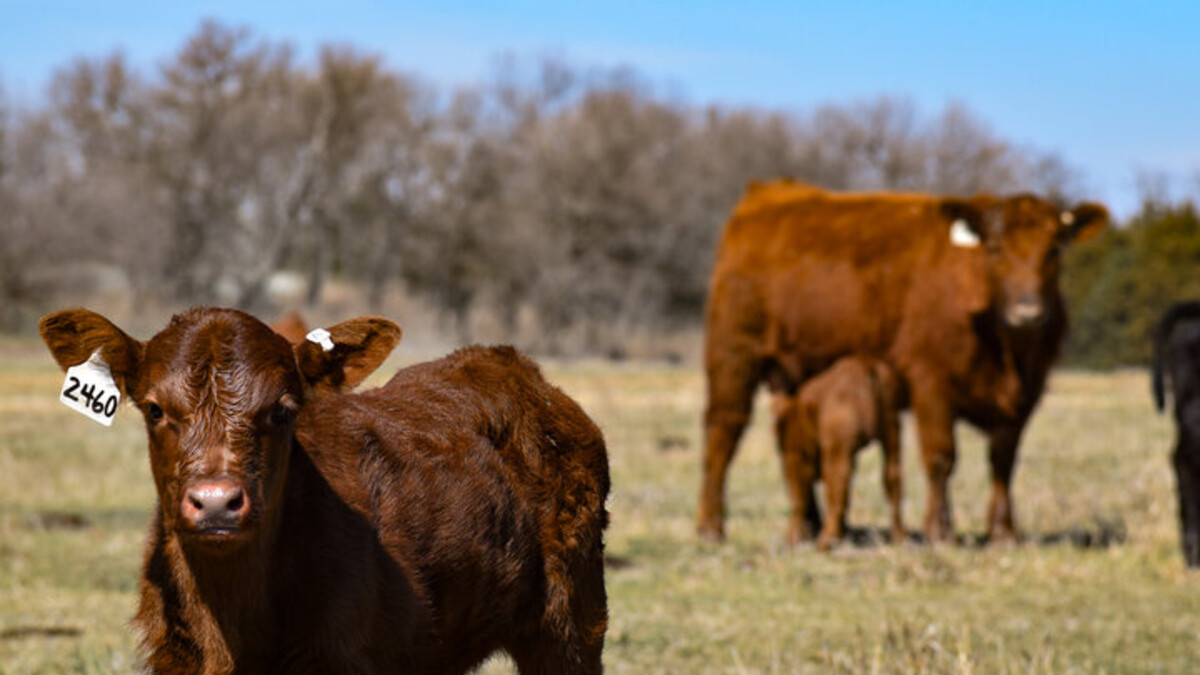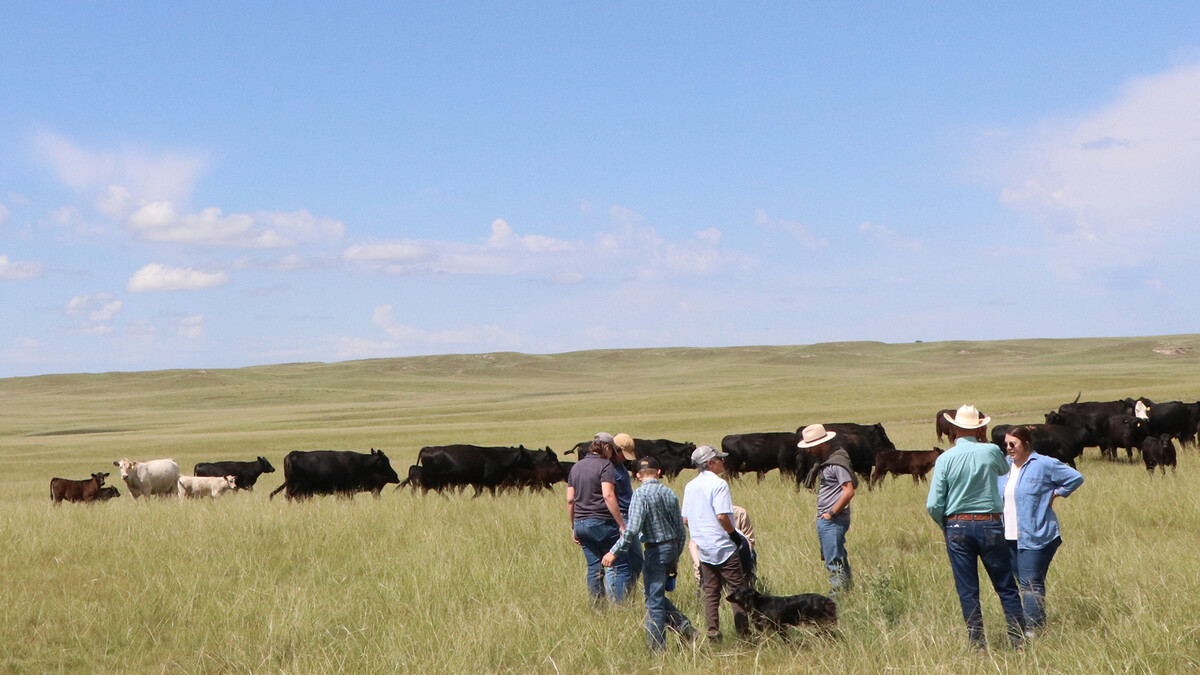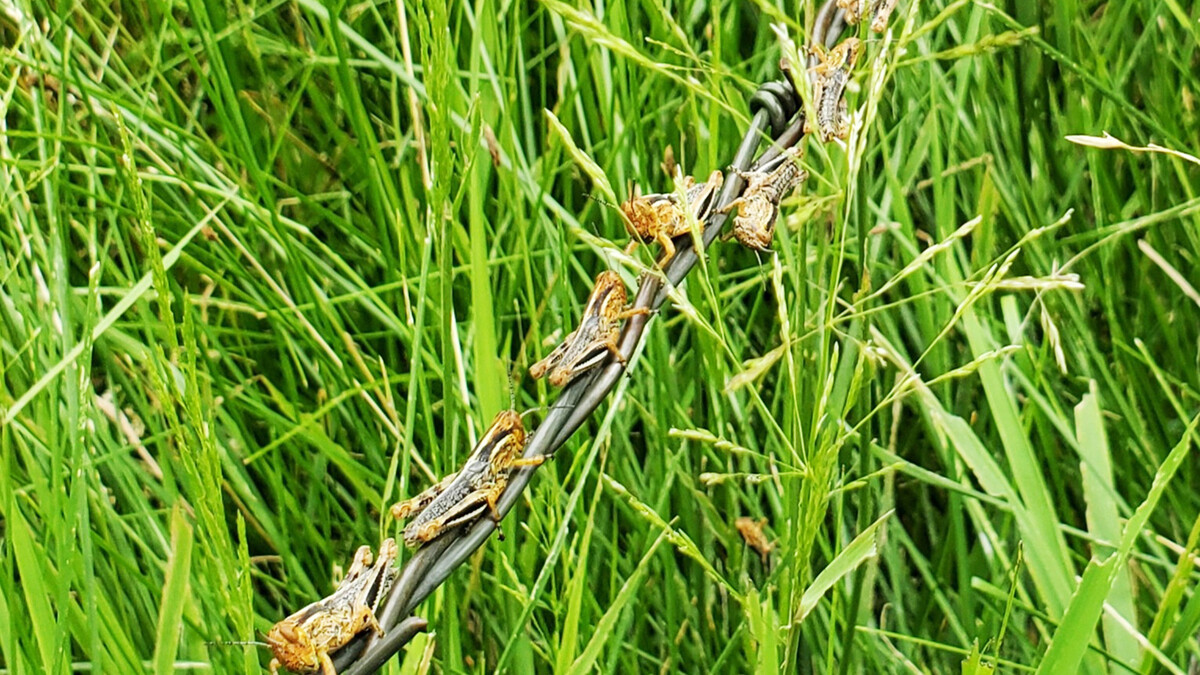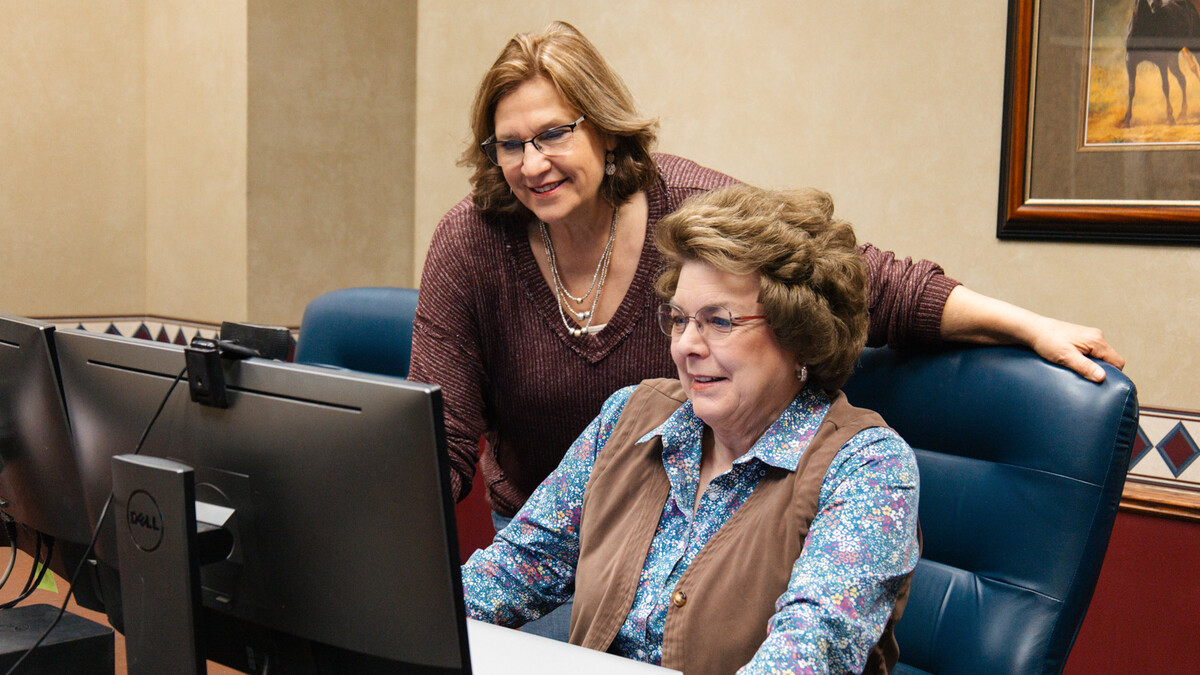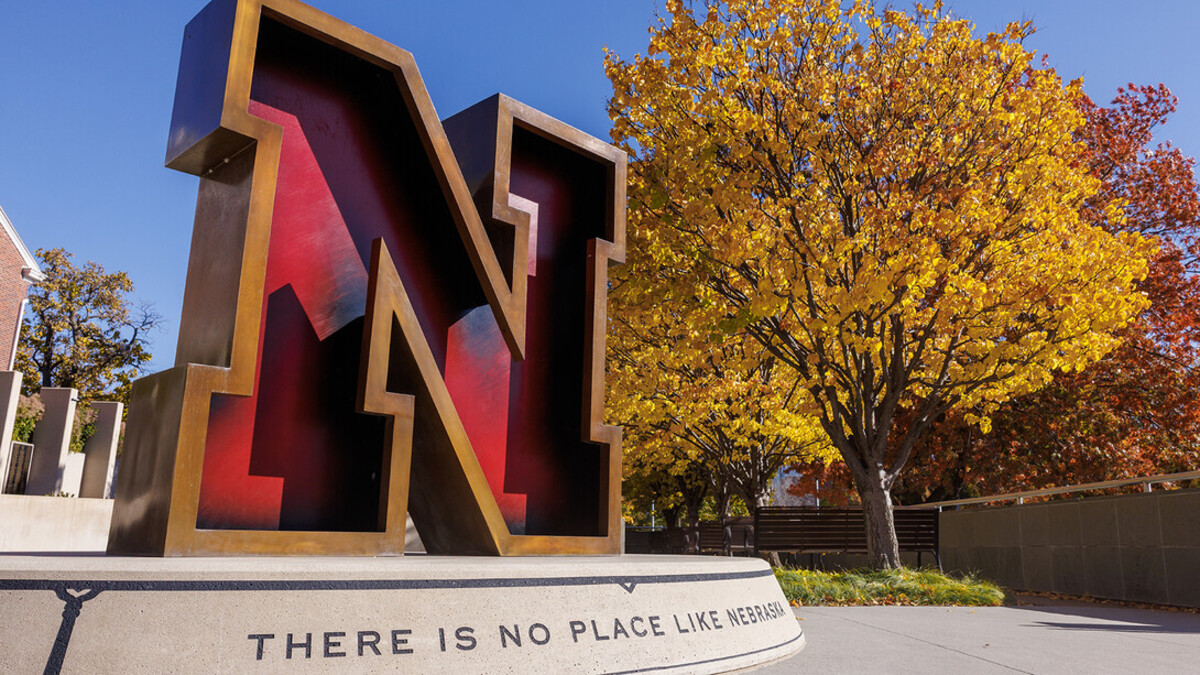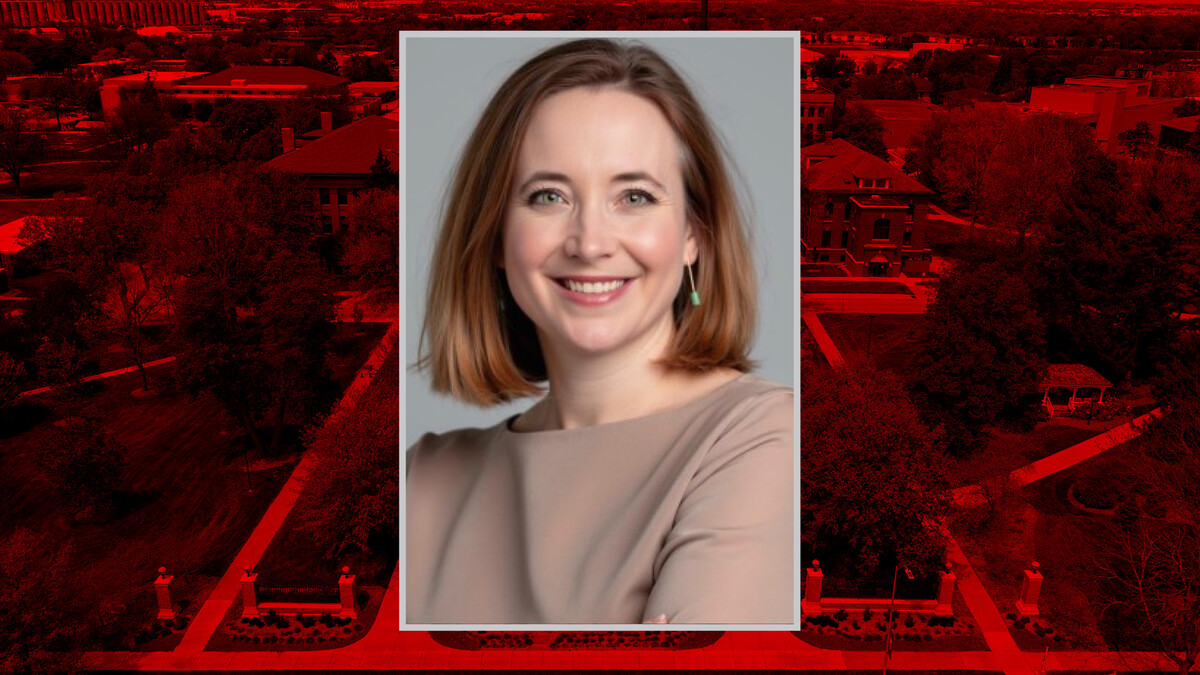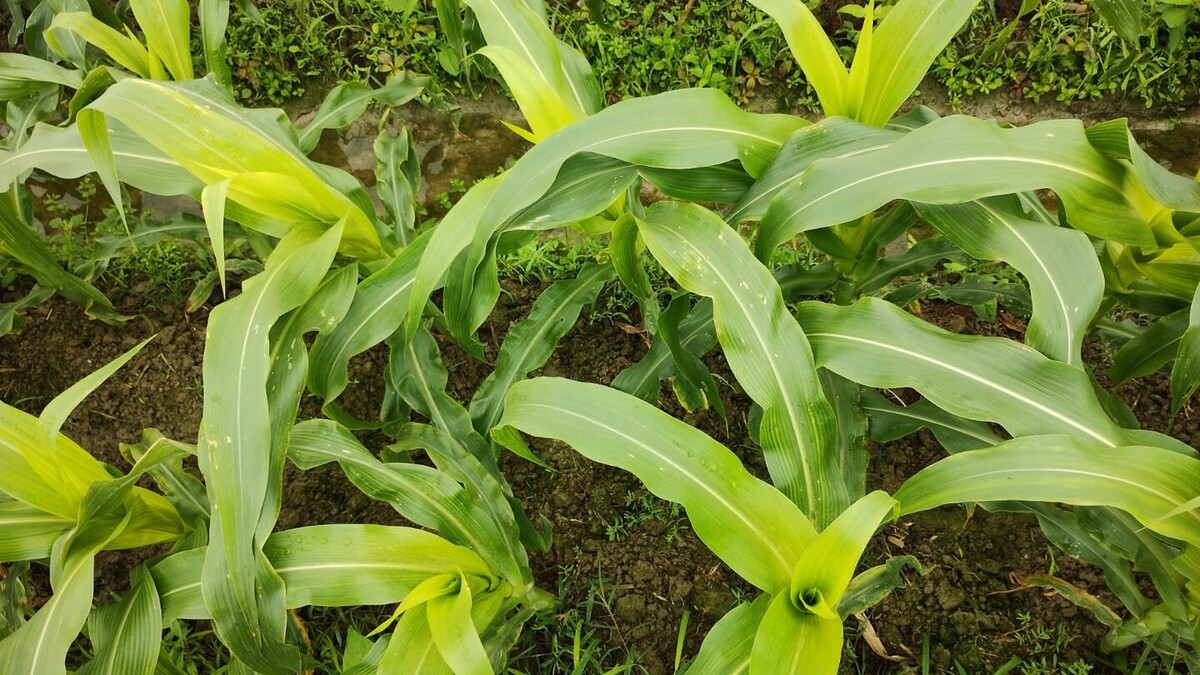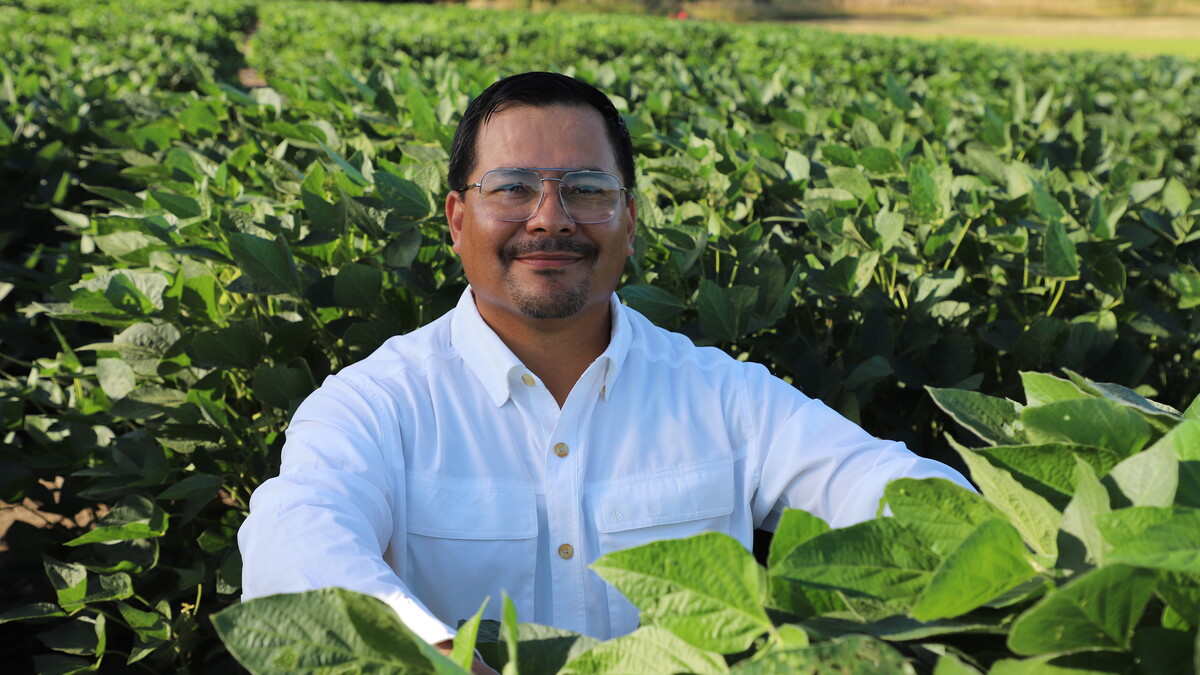Feb. 13, 2013
LINCOLN , Neb. — A marriage between an organic farmer and a geneticist might sound like the setup for a romantic comedy, but in fact exemplifies the integrated approach agriculture must use to successfully meet the world's growing need for food.
That was the message delivered Tuesday by Pamela Arnold, the geneticist, and Raoul Adamchak, the organic farmer, at the University of Nebraska-Lincoln. Arnold and Adamchak spoke as part of the Heuermann Lectures in the Institute of Agriculture and Natural Resources. Their talk was titled "Tomorrow's Table: Organic Farming, Genetics and the Future of Food."
"You may think geneticists and organic farmers don't speak to each other," said Arnold, professor in the Department of Plant Pathology and the Genome Center at the University of California, Davis. "But we have the same goal, which is an ecologically based system of agriculture."
Arnold said she and her husband are striving to separate fact from fiction in public perceptions of both biotechnology and organic farming.
Her husband, Adamchak, market garden coordinator in UC Davis's Agricultural Sustainability Institute, noted that widely used agricultural practices – chemical use and tillage, for example – have had harmful environmental effects ranging from the so-called "dead zone" in the Gulf of Mexico caused by chemical runoff to soil erosion that's shrinking global farmland by about 10 million hectares a year.
Organic farming practices such as reducing or eliminating chemical use, composting and no-till are one solution to those problems, Adamchak said, but there are problems with them too:
Some pests, diseases and stresses are difficult to control organically. Yields are on average about 25 percent lower with organic farming. There's not enough manure and green waste to go organic alone, and the practice is too expensive for some farmers.
Reduced yields are especially problematic given that the world's population is expected to grow from about 7 billion today to 9 billion in 2050, Adamchak said.
"The impact of that if we're thinking about producing food for the world is significant," he added.
"Organic farming can help but it can't do it all," said Adamchak, who's farmed organically for 25 years.
Arnold said another piece of the solution is genetic engineering.
Globally, pests, diseases and environmental stresses reduce yields 30-60 percent, she said, and the "power of improved seed" is helping fight that.
Arnold cited several examples of how genetic modifications have made a huge difference, including the battle against papaya ringspot virus in Hawaii, the fight against cotton bollworm globally and the integration into rice of a gene that makes the crop tolerant of flooding, an important improvement because 25 percent of the world's rice is grown in flood-prone areas.
"The judicious increase of two important strands of agriculture – biotechnology and agroecological practices – is key to helping feed the growing population in an ecologically balanced manner," Arnold said.
Heuermann Lectures in IANR focus on providing and sustaining enough food, natural resources and renewable energy for the world's people, and on securing the sustainability of rural communities where the vital work of producing food and renewable energy occurs.
The lectures are made possible by a gift from B. Keith and Norma Heuermann of Phillips, long-time university supporters with a strong commitment to Nebraska's production agriculture, natural resources, rural areas and people.
Lectures stream live at http://heuermannlectures.unl.edu and are archived at the site shortly after the lecture. They are broadcast on NET2 World at a date following the lecture.
The final lecture in 2012-13 April 9 will feature Per Pinstrup-Andersen, 2001 World Food Prize laureate and professor of applied economics at Cornell University. His topic will be "The Global Food System and Related Policy Challenges."
Dan MoserIANR News Service
402-472-3030
dmoser3@unl.edu
